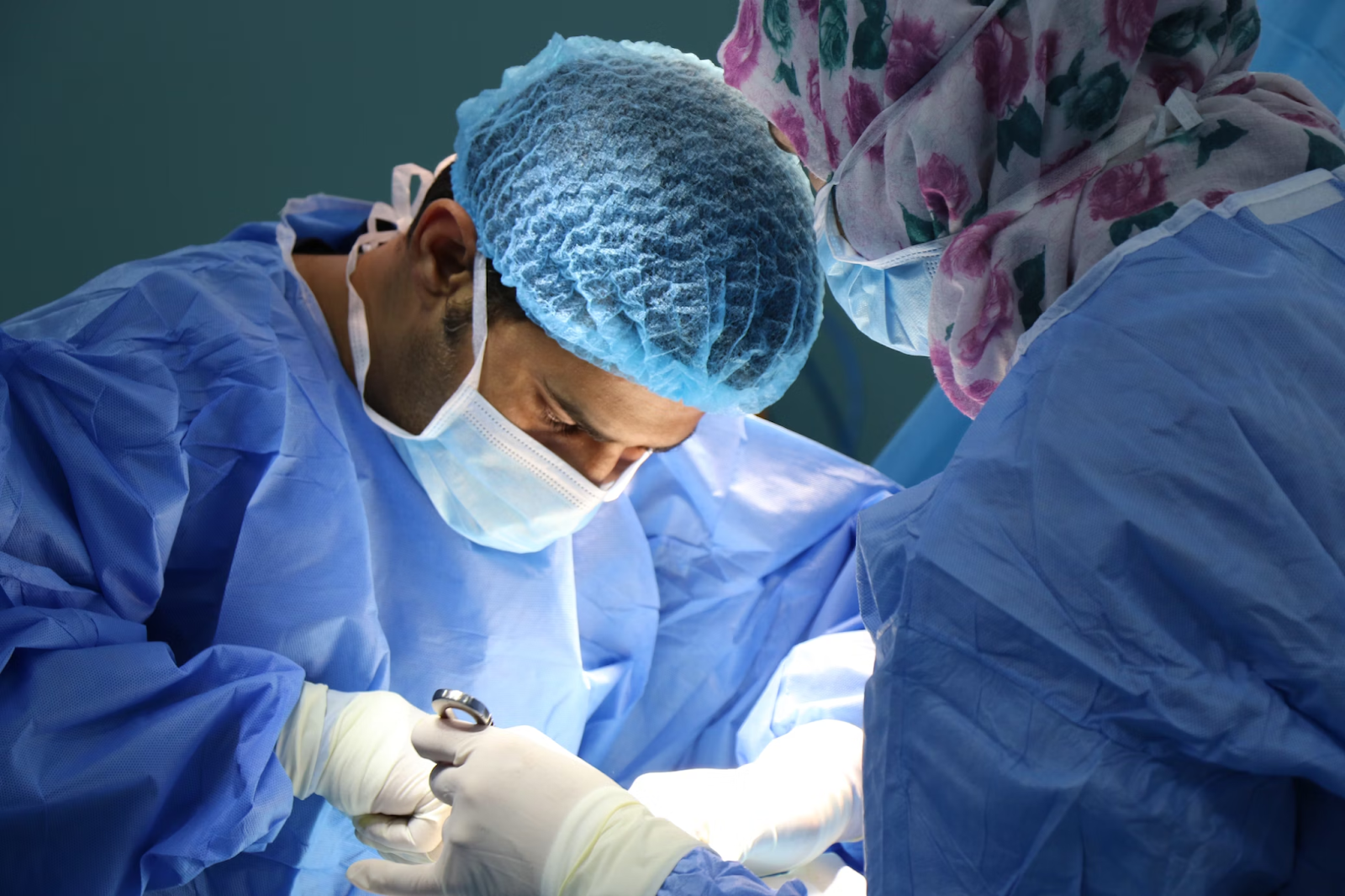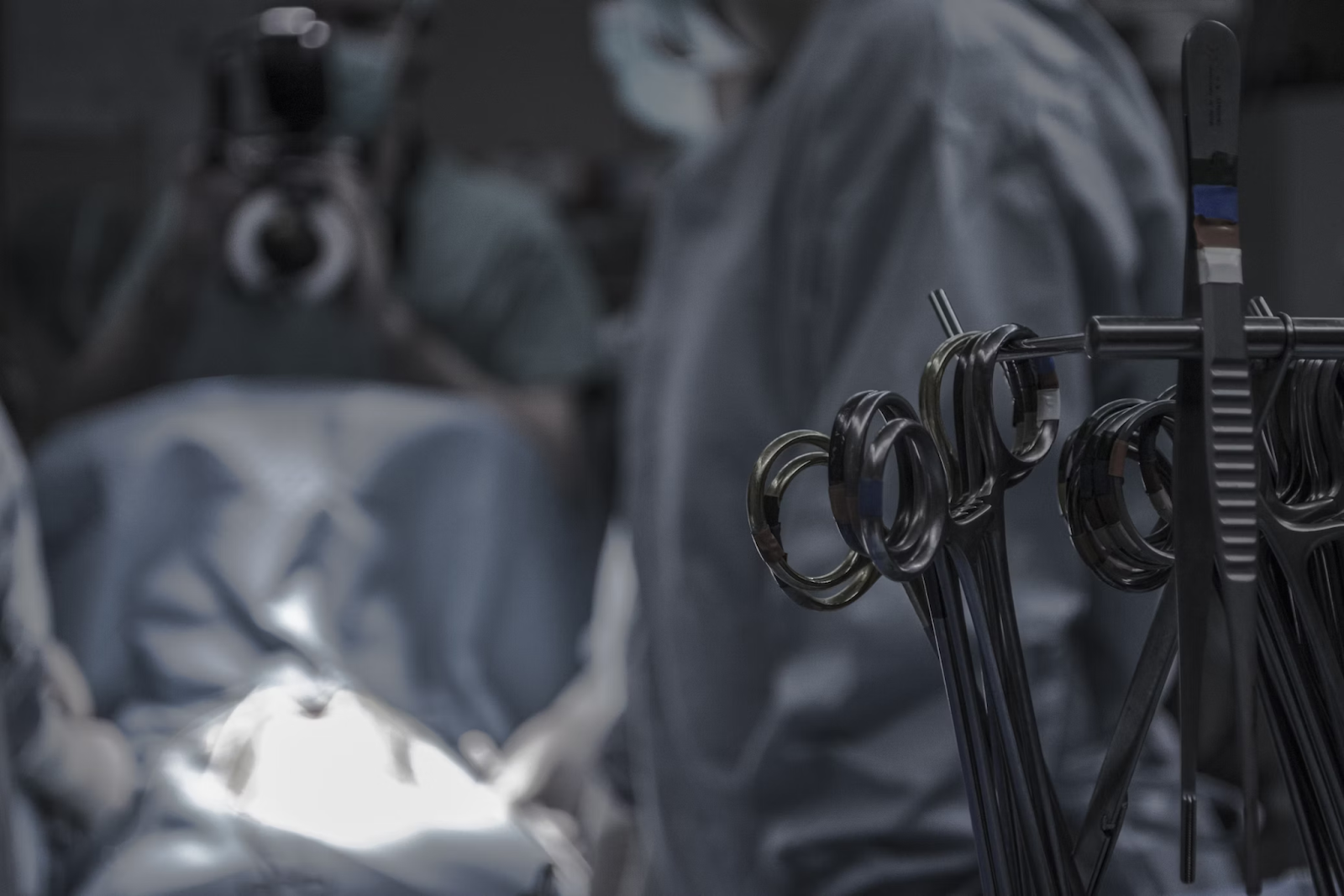Comments
- No comments found

Over the past decade, a significant shift has been observed in the realm of women's health, particularly in the context of breast surgery.
A recent study has shed light on a notable rise in the number of women opting for this transformative procedure. The journey of breast reconstruction is a deeply personal one, and understanding the factors at play can empower women to make informed decisions about their bodies.
In the era of body positivity and empowerment, women are increasingly taking charge of their narratives. This procedure is emerging as a powerful choice for those who have undergone mastectomies due to breast cancer or other health reasons. This decision is not solely about physical appearance as breast reconstruction surgery also extends to emotional and psychological well-being. By choosing breast reconstruction, women are reclaiming control over their bodies and embracing the right to define their femininity on their terms.

Advancements in medical technology have played a pivotal role in making this surgery more accessible and successful. Innovative surgical techniques and state-of-the-art materials have significantly improved the outcomes of these procedures.
From autologous tissue reconstruction to advanced implant technologies, the options available today provide women with a range of choices tailored to their unique circumstances. This technological progress has not only enhanced the aesthetic results but has also minimized the recovery period, allowing women to resume their lives more swiftly.
Modern reconstruction techniques leverage cutting-edge technologies to ensure precision and customization. 3D imaging and printing, for instance, enable surgeons to create personalized implants that closely match the patient's anatomy. This level of precision not only enhances the aesthetic outcome but also contributes to better functionality and comfort.
Advances in microsurgery techniques have revolutionized autologous tissue reconstruction. Microsurgical procedures, such as the Deep Inferior Epigastric Perforator (DIEP) flap, allow for the transfer of a woman's tissue to reconstruct the breast. This not only results in a more natural look and feel but also reduces the risk of complications associated with traditional reconstruction methods.
The field of implant technology has seen remarkable progress, with the introduction of cohesive gel implants and adjustable implants. Cohesive gel implants provide a more natural feel and durability, while adjustable implants allow for post-surgery modifications to achieve optimal symmetry. These innovations offer women greater flexibility and control over the final results.
Technological advancements have also paved the way for minimally invasive reconstruction procedures. These techniques, such as fat grafting and endoscopic approaches, minimize scarring and accelerate the recovery process. The reduced invasiveness of these procedures is particularly appealing to women seeking a quicker return to their daily lives with minimal disruption.
The study emphasizes the profound impact of this reconstruction on emotional and psychological well-being. Beyond physical restoration, the procedure is proving to be a catalyst for emotional healing. Women who choose breast reconstruction often report increased self-esteem, confidence, and a sense of completeness. The positive correlation between mental health and the decision to undergo reconstruction underscores the transformative potential of these procedures in enhancing overall quality of life.
Societal perceptions of beauty and femininity are evolving, and with this shift comes a more inclusive understanding of what it means to be a woman. Breast surgery is challenging traditional norms and reshaping the conversation around body image. The acceptance and support from communities, coupled with positive representations in media, contribute to a more welcoming environment for women considering or undergoing breast reconstruction. As societal attitudes continue to progress, the stigmas associated with these procedures are gradually dissipating.
In tandem with technological strides, there has been a notable shift towards patient-centered care in the realm of this kind of surgery. Surgeons and healthcare providers are increasingly recognizing the importance of understanding each patient's unique needs and preferences. This personalized approach goes beyond the surgical procedure itself, encompassing pre-operative consultations, psychological support, and post-operative care. The emphasis on patient education ensures that women are well-informed about their options, potential outcomes, and the recovery process.

The upward trajectory in women opting for breast reconstruction is a multifaceted phenomenon shaped by empowerment, technological advancements, societal shifts, and a focus on emotional well-being. As the journey of breast reconstruction continues to evolve, the intersection of patient-centered care and cutting-edge technology emerges as a pivotal force. This transformative choice not only addresses physical aspects but also contributes to the holistic well-being of women, fostering empowerment and a positive self-image.
Leave your comments
Post comment as a guest